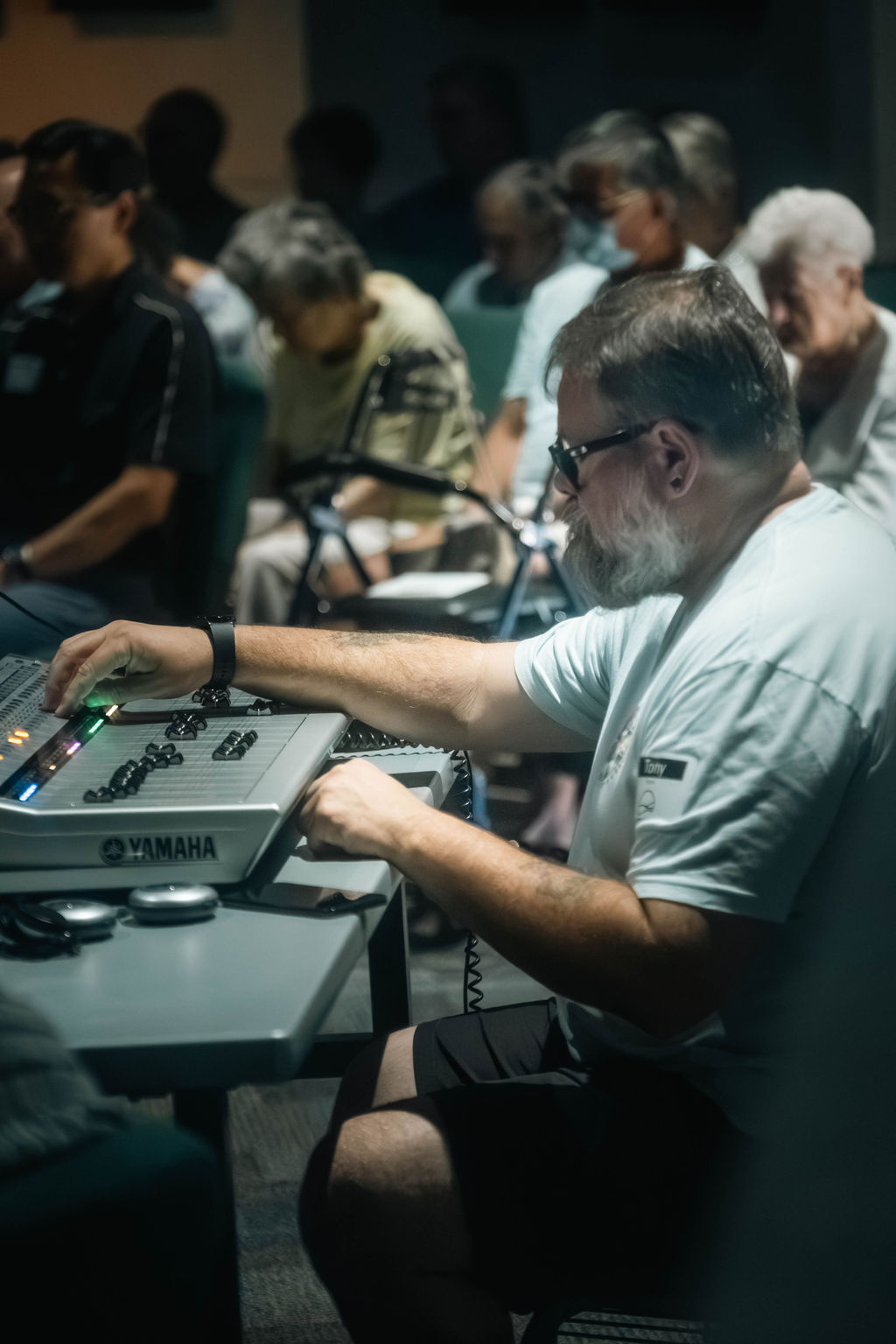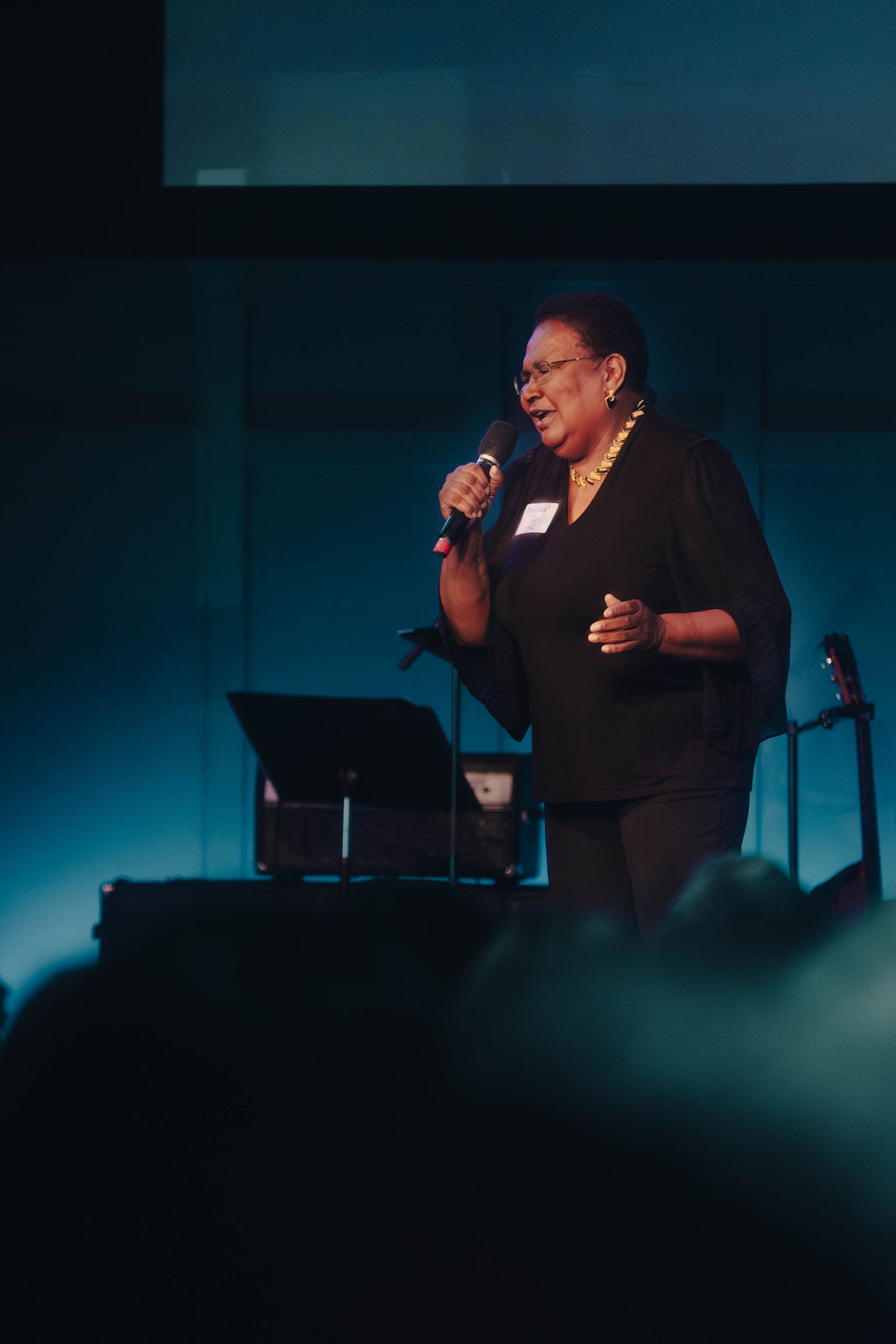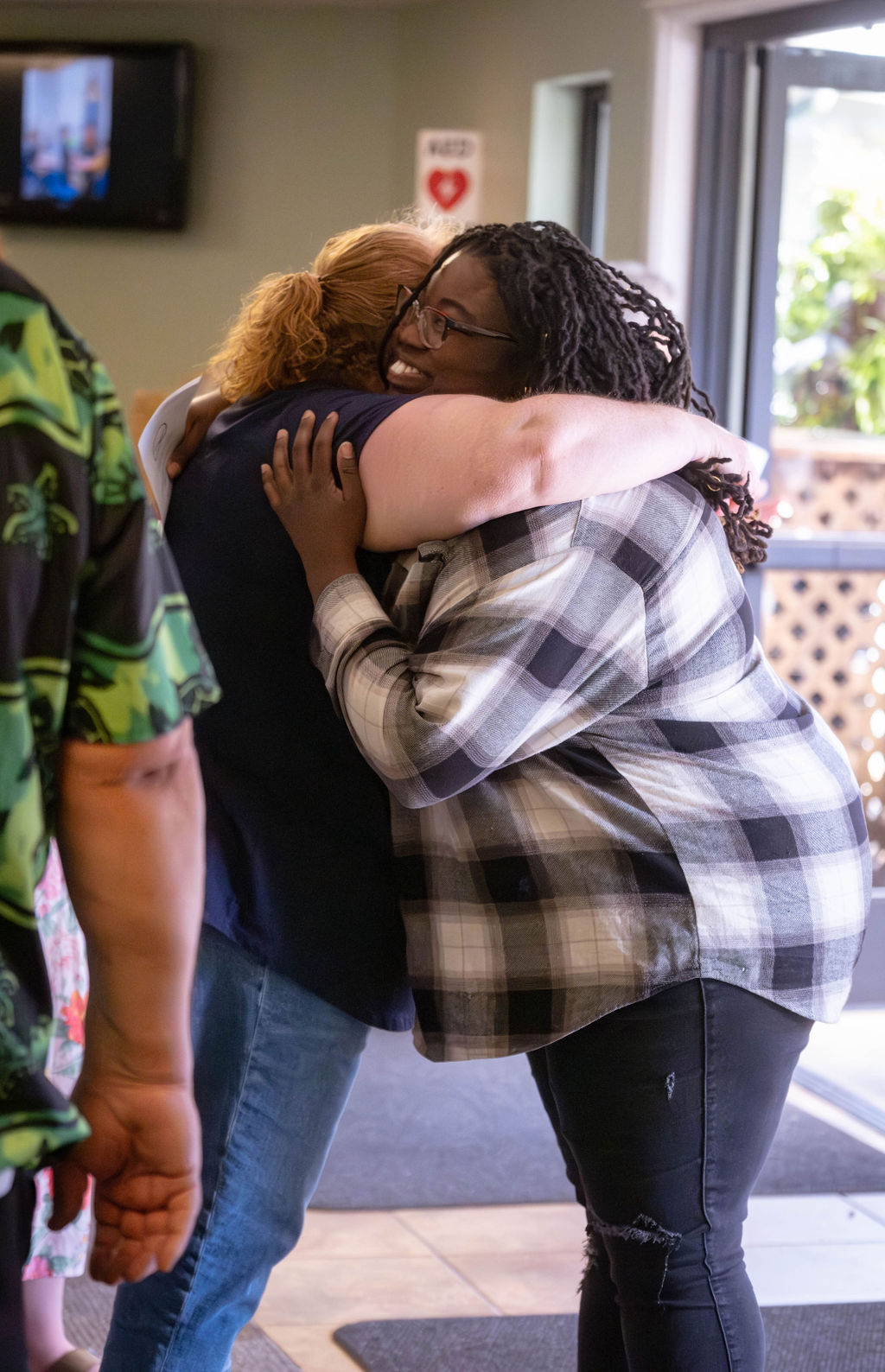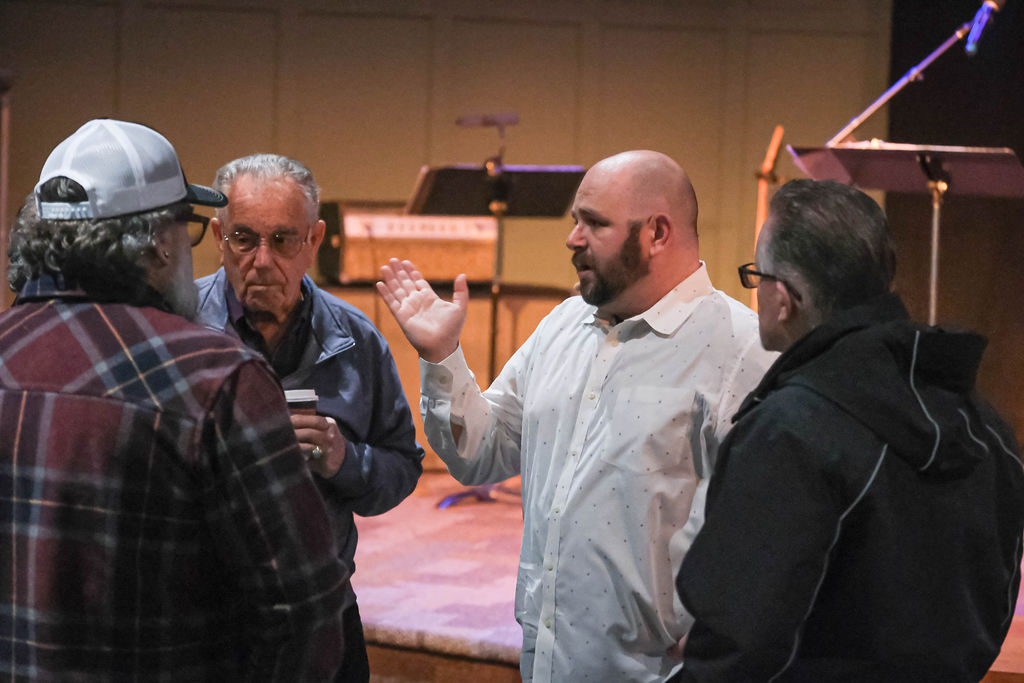
Grow in faith with people who love Jesus.
We’re here to help you follow Jesus, grow in faith, and find real community.
Sunday’s Message
Need a fresh spark for your faith? Catch this week’s teaching to get fired up about the Gospel and equipped for everyday mission. Think of it as your fuel to live out God’s call—wherever you are and whatever you do.



Join the Mission
You weren’t just saved to believe—you were called into something bigger. Jesus invites every one of us to bring healing, hope, and truth to our neighborhoods, our church, and the world. Whether you greet guests, lead students, serve behind the scenes, or pray with others, your role matters. We’re building something that lasts—and when we serve, we reflect the heart of Jesus.
Find your place. Join the mission.
Church Huddle
Church Huddle is where the mission gets fueled. We meet on the second Tuesday of each month at 6:30 PM in the Worship Room to reconnect, pray, and stay aligned as a church on mission. At 7:00 PM, we break into ministry teams for focused training and support. It’s a powerful time to grow in your calling and serve together with purpose.
Care
Ever dreamed of making every church gathering feel like a family reunion? Our Care Team makes that happen—organizing events, preparing communion (including for those at home), and lending practical support for memorial services, weddings, baptisms, and more. If you’re all about creating warm, welcoming moments that remind people they’re loved, this is the team for you!
Missions
Got a heart for sharing the gospel both next door and around the world? Our Missions Team connects you with local outreach—like Good News Club and Courtside Ministries—and keeps us engaged with global efforts through The Christian & Missionary Alliance. If you’re ready to bring hope beyond the walls of our church, this is your calling.
Prayer
Ready to see God move in powerful ways? Our Prayer Team gathers regularly to intercede for our community, global missions, and the broader Kingdom work—trusting God to transform hearts and circumstances. If you want to be part of a team that prays with passion and expects big things, come pray with us!
Worship
Passionate about music and creating environments where people encounter Jesus? Our Worship Team blends vocals, instruments, and tech to lead our church in authentic praise and worship. If you’re ready to use your gifts to point others to God’s presence, step into this life-changing ministry!
All of Jesus, for All the World
Because we’ve experienced the love, hope, and mercy of Jesus firsthand, we’re compelled to make Him known in our neighborhoods and among the nations.













